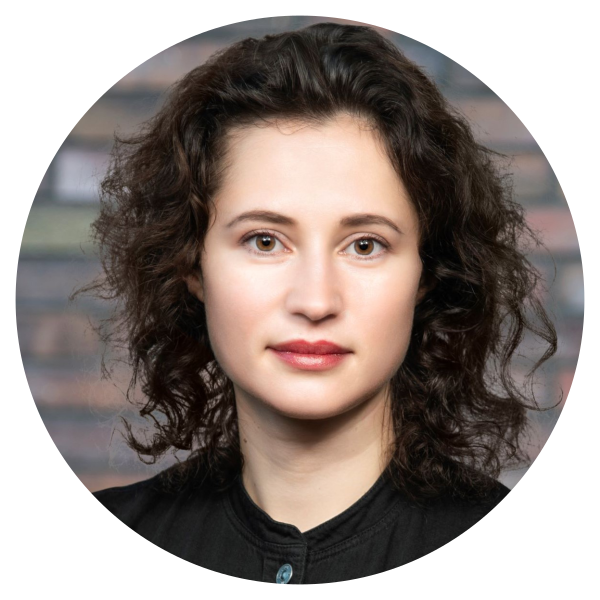Talk #D02
10.-13.03.2026, 15:00 – 15:30
Efficient Machine Learning for Organic Materials
Significant recent advances in chemical machine learning allow predictions of structures and physico-chemical properties of molecular systems with high accuracy and at a fraction of the computational cost of conventional quantum-chemical modelling. However, the associated tools, such as foundational models or quantum-inspired representations are not easily and directly transferrable to periodic materials due to the need to fine-tune the models on target materials, sparsity of high-quality experimental training data, and the higher costs of generating the presentations. In this talk, we will discuss our recent efforts to address these limitations. Focusing on metal-organic and covalent organic frameworks, we will present a new quantum-inspired representation for machine learning tasks and a new technique for reducing the dimensionality and representing the chemical space most compactly. We will also demonstrate how persistent homology can be employed to coarse-grain the representation reducing the computational effort without sacrificing the accuracy of the predictions.

Prof. Ganna Gryn'ova
- University of Birmingham · Molecular Sciences Building, Edgbaston · Birmingham (UK)